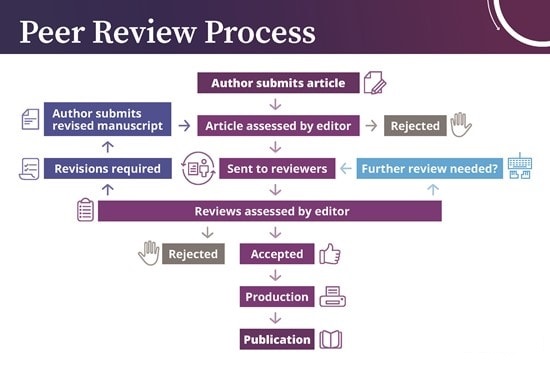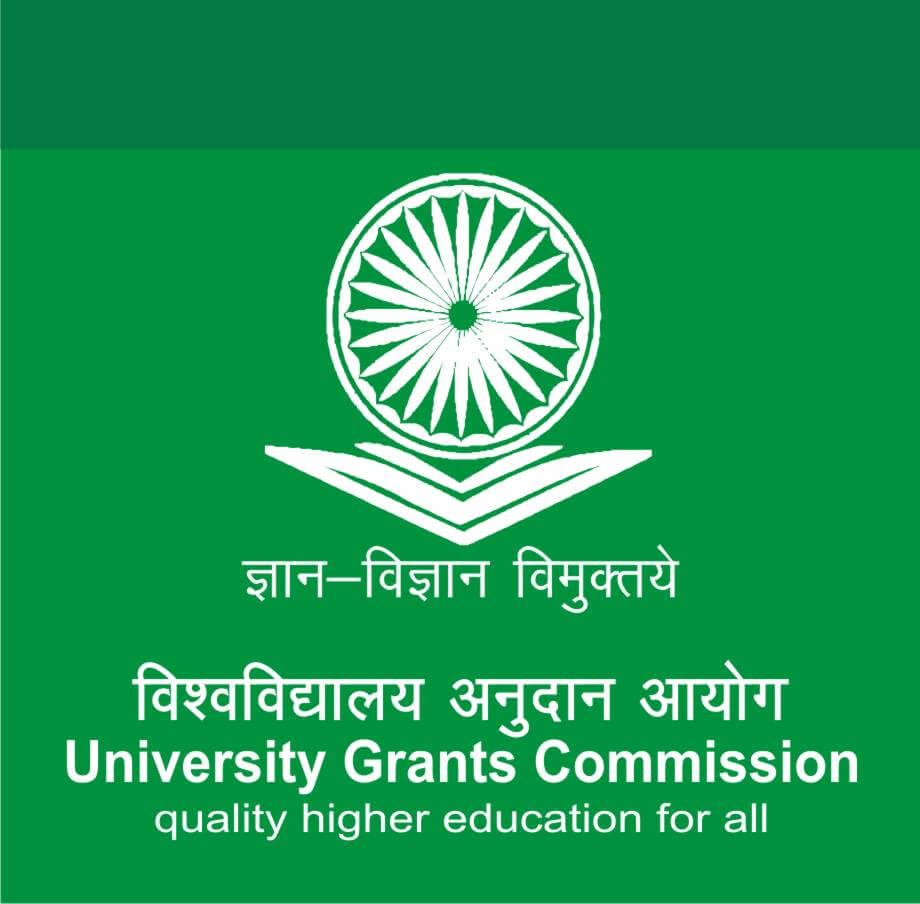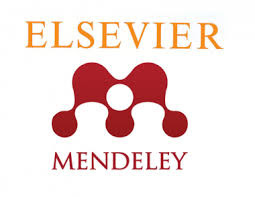The practice of peer review is to ensure that only good science is published. It is an objective process at the heart of good scholarly publishing and is carried out by all reputable scientific journals. Our referees play a vital role in maintaining the high standards Transport Policy and all manuscripts are peer reviewed following the procedure outlined below.

Initial manuscript evaluation The Editor first evaluates all manuscripts. It is rare, but it is possible for an exceptional manuscript to be accepted at this stage. Manuscripts rejected at this stage are insufficiently original, have serious scientific flaws, have poor grammar or English language, or are outside the aims and scope of the journal. Those that meet the minimum criteria are normally passed on to at least 2 experts for review.
Type of Peer Review Transport Policy employs double blind reviewing, where both the referee and author remain anonymous throughout the process.
How the referee is selected Whenever possible, referees are matched to the paper according to their expertise and our database is constantly being updated.
Referee reports Referees are asked to evaluate whether the manuscript: - Is original - Is methodologically sound - Follows appropriate ethical guidelines - Has results which are clearly presented and support the conclusions - Correctly references previous relevant work.
Language correction is not part of the peer review process, but referees may, if so wish, suggest corrections to the manuscript.
How long does the review process take? The time required for the review process is dependent on the response of the referees. Should the referee’s reports contradict one another or a report is unnecessarily delayed, a further expert opinion will be sought. In rare cases for which it is extremely difficult to find a second referee to review the manuscript, or when the one referee’s report has thoroughly convinced the Editor, decisions at this stage to accept, reject or ask the author for a revision are made on the basis of only one referee’s report. The Editor’s decision will be sent to the author with recommendations made by the referees, which usually includes verbatim comments by the referees. Revised manuscripts might be returned to the initial referees who may then request another revision of a manuscript.
Final report A final decision to accept or reject the manuscript will be sent to the author along with any recommendations made by the referees, and may include verbatim comments by the referees.
Editor’s Decision is final Referees advise the editor, who is responsible for the final decision to accept or reject the article.
Becoming a referee for Transport Policy If you are not currently a referee for Transport Policy but would like to be considered as a referee, please contact the editor. The benefits of refereeing for Transport Policy include the opportunity to read see and evaluate the latest work in your research area at an early stage, and to contribute to the overall integrity of scientific research and its published documentation. You may also be able to cite your work for Transport Policy as part of your professional development requirements for various Professional Societies and Organisations.
Different types of peer review
There are different forms of peer review used by journals, although the basis is always the same, field experts providing comments on a paper to help improve it. The most common types are
Closed – where the reviewers are aware of the authors’ identities but the authors do not know who reviewed their manuscript.
Double blind – in this case neither authors nor reviewers know each other’s identities.
Open – where there reviewers are aware of the authors’ identity and the reviewers’ identity is revealed to the authors. In some cases journals also publish the reviewers’ reports alongside the final published manuscript.
Common reasons for rejection
Your manuscript can be rejected for many reasons but these can generally be divided into technical and editorial reasons.
Technical reasons usually require more work such as further experiments or analysis before your work can be published. Technical reasons for rejection include:
Incomplete data such as too small a sample size or missing or poor controls
Poor analysis such as using inappropriate statistical tests or a lack of statistics altogether
Inappropriate methodology for answering your hypothesis or using old methodology that has been surpassed by newer, more powerful methods that provide more robust results
Weak research motive where your hypothesis is not clear or scientifically valid, or your data does not answer the question posed
Inaccurate conclusions on assumptions that are not supported by your data
These rejection reasons can be avoided by investing enough time in reading around the subject area, carefully deciding on the topic to focus on, the hypothesis and planning a comprehensive experiment as outlined in the Springer Nature Journal Author Academy: Writing a Journal Manuscript.
Editorial reasons for rejection include:
Out of scope for the journal
Not enough of an advance or of enough impact for the journal
Research ethics ignored such as consent from patients or approval from an ethics committee for animal research
Lack of proper structure or not following journal formatting requirements
Lack of the necessary detail for readers to fully understand and repeat the authors’ analysis and experiments
Lack of up-to-date references or references containing a high proportion of self-citations
Has poor language quality such that it cannot be understood by readers
Difficult to follow logic or poorly presented data.
Violation of publication ethics











































































